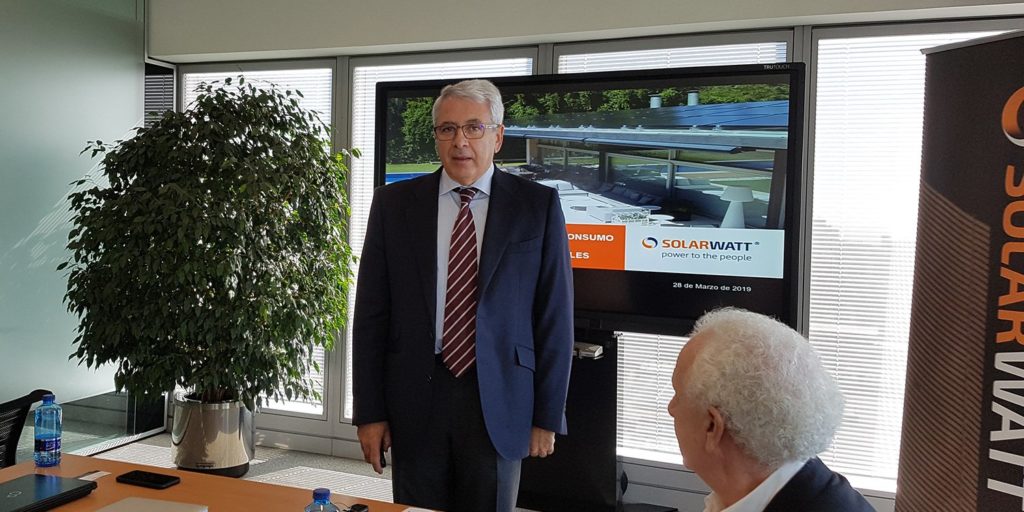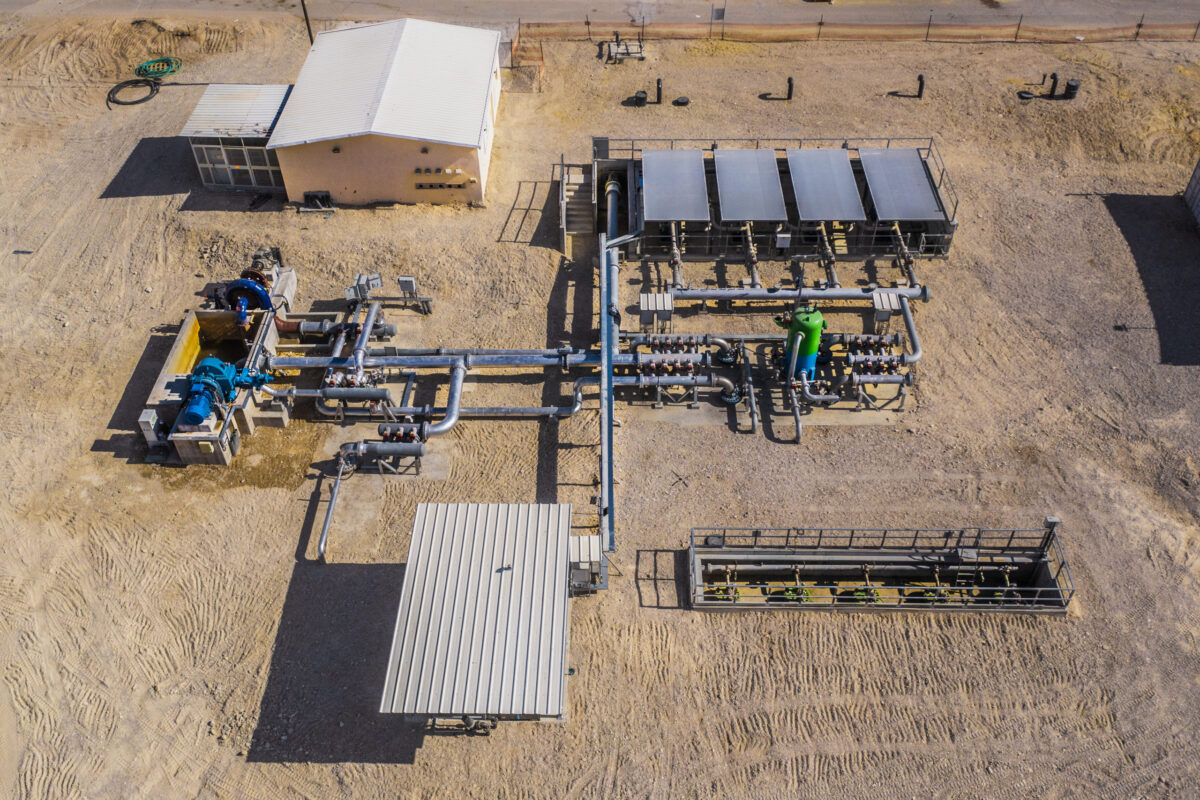Solarwatt Spain, a subsidiary of German PV panel and storage system manufacturer Solarwatt, this week presented the first Spanish Observatory of Residential Photovoltaic Self-Consumption (Observatorio Español del Autoconsumo Fotovoltaico Residencial) report, a complete study prepared by Análisis e Investigación (Grupo AiE) on the Spanish residential PV market.
The report is based on 750 interviews conducted with owners of several kinds of single-family homes in the residential periphery of cities with more than 25,000 inhabitants. In Spain there are more than 5,700,000 single-family homes, of which 2 million belong to the profile studied, so the estimated coverage of the study is 70% of the target population for residential self-consumption.
According to the study, 47.6% of respondents have no interest in installing rooftop PV systems. The researchers partly attributed this to the absence of institutional and commercial information (since nobody can become interested in unknown solutions). But they also pointed to legislative instability, a lack of references, the fear of obsolescence, system durability and the difficulty of the installation process.
To convince those who are not interested, it is important to improve the perception they have of photovoltaic energy. Respondents who are less likely to install panels also have a much more critical perspective, especially regarding the existence of barriers to self-consumption.
“All of these challenges and fears are surmountable with information and education,” said José María San Segundo, the president of Grupo AiE. He says the main challenge for future installations is economic, as there is a perception that PV system prices are still too high.
However, 27% of respondents said they would be willing to increase spending to help curb climate change, while also being driven by savings in electricity bills and environmental awareness. And 16.4% of the respondents said they would evaluate the installation of systems for self-consumption over the short or medium term, while 23.7% said they would install systems in the near future. Some 328,000 single-family homes could therefore install self-consumption systems in Spain within the next three years.
These potential prosumers could install 1.5 GW of capacity over this period and contribute €3,000 million to GDP. “Although estimates are difficult to establish, it is estimated that this increase in sectoral volume may require around 8,000 new specialized jobs: engineering, electricians, installers, auxiliary industry, maintenance or commercial personnel, among others,” explained Ernesto Macías, general director of Solarwatt Spain.
If those estimates are met, residential PV self-consumption in Spain could multiply by 30 in just three years. Macías also added that “although it is difficult to know with precision, it is estimated that there are around 10,000 residential self-consumption facilities in Spain, compared to 1,600,000 homes in Germany or 800,000 in the United Kingdom.”
This content is protected by copyright and may not be reused. If you want to cooperate with us and would like to reuse some of our content, please contact: editors@pv-magazine.com.



By submitting this form you agree to pv magazine using your data for the purposes of publishing your comment.
Your personal data will only be disclosed or otherwise transmitted to third parties for the purposes of spam filtering or if this is necessary for technical maintenance of the website. Any other transfer to third parties will not take place unless this is justified on the basis of applicable data protection regulations or if pv magazine is legally obliged to do so.
You may revoke this consent at any time with effect for the future, in which case your personal data will be deleted immediately. Otherwise, your data will be deleted if pv magazine has processed your request or the purpose of data storage is fulfilled.
Further information on data privacy can be found in our Data Protection Policy.